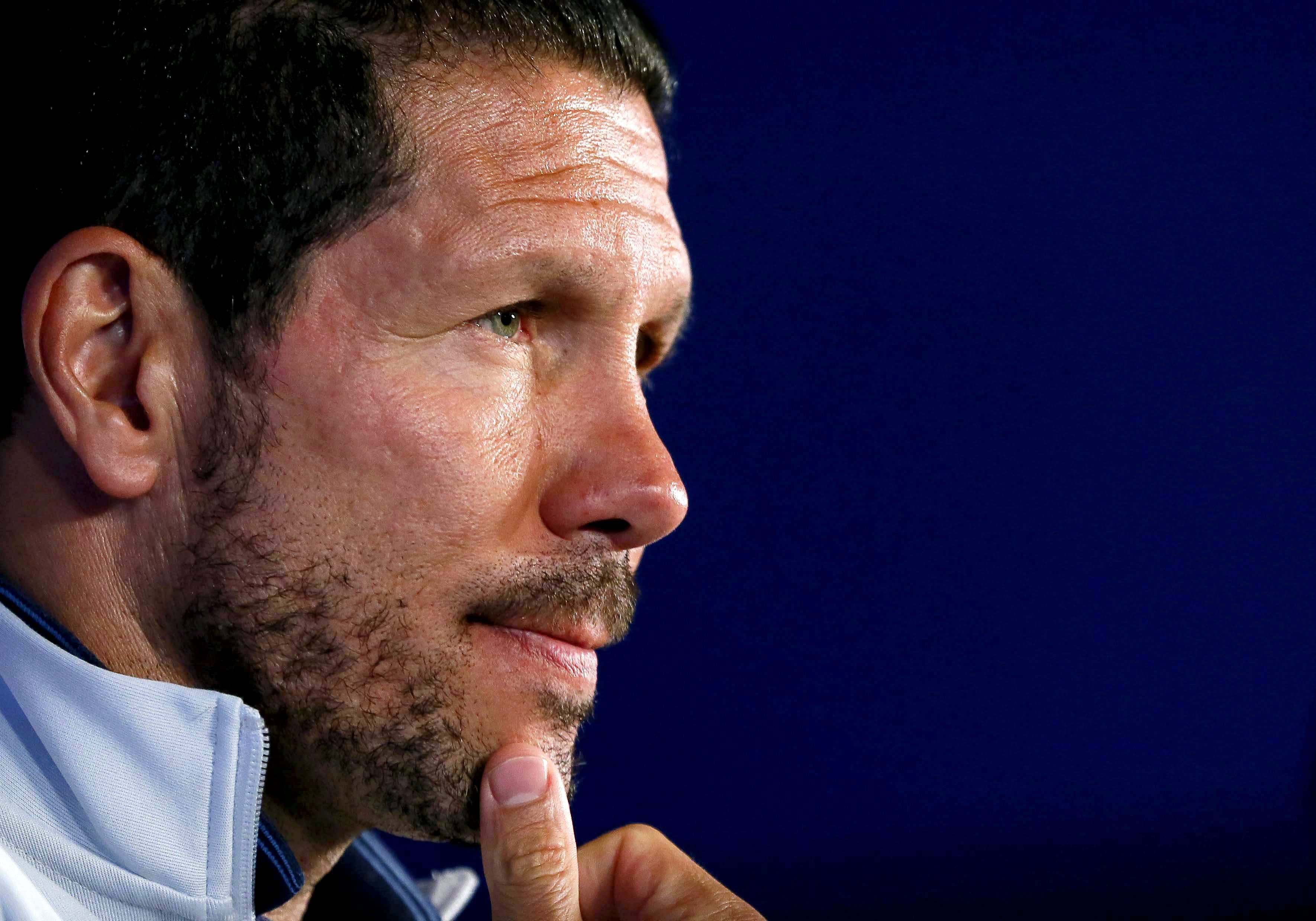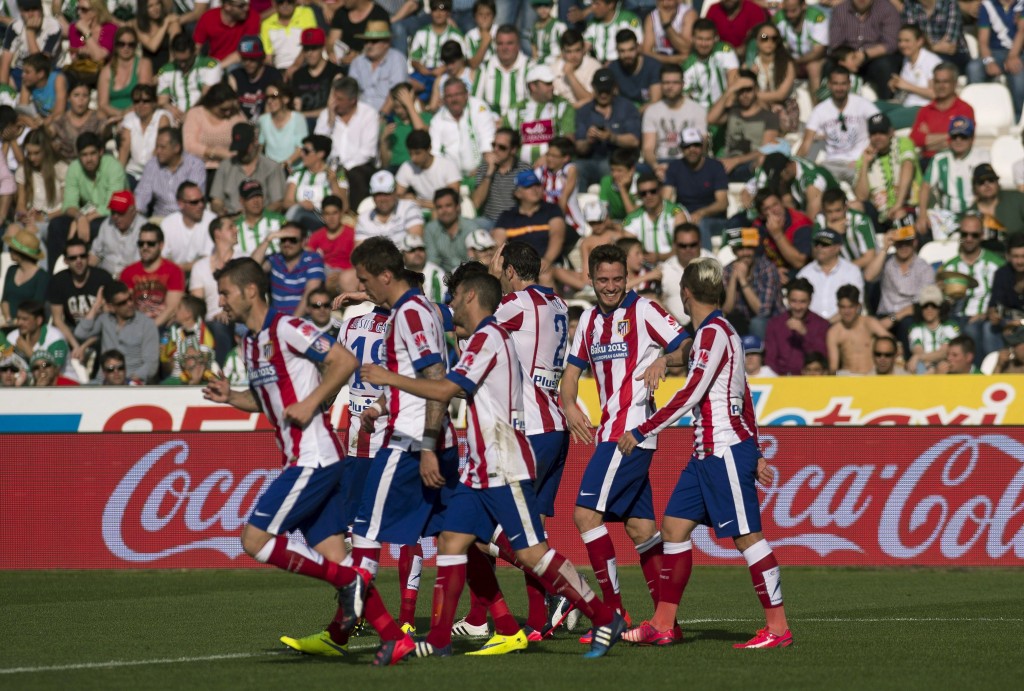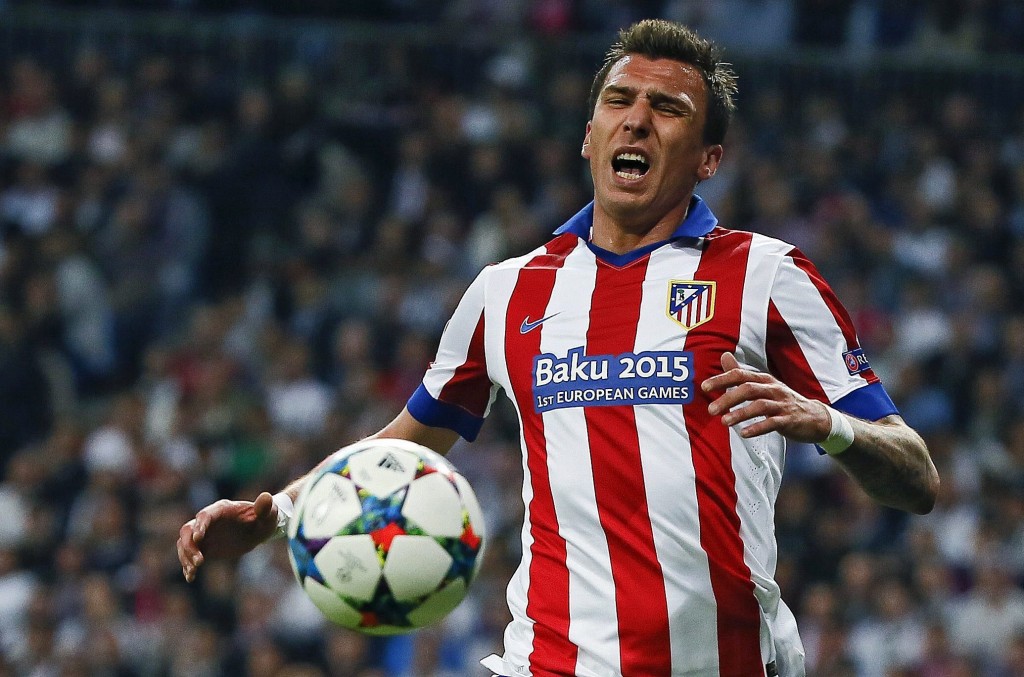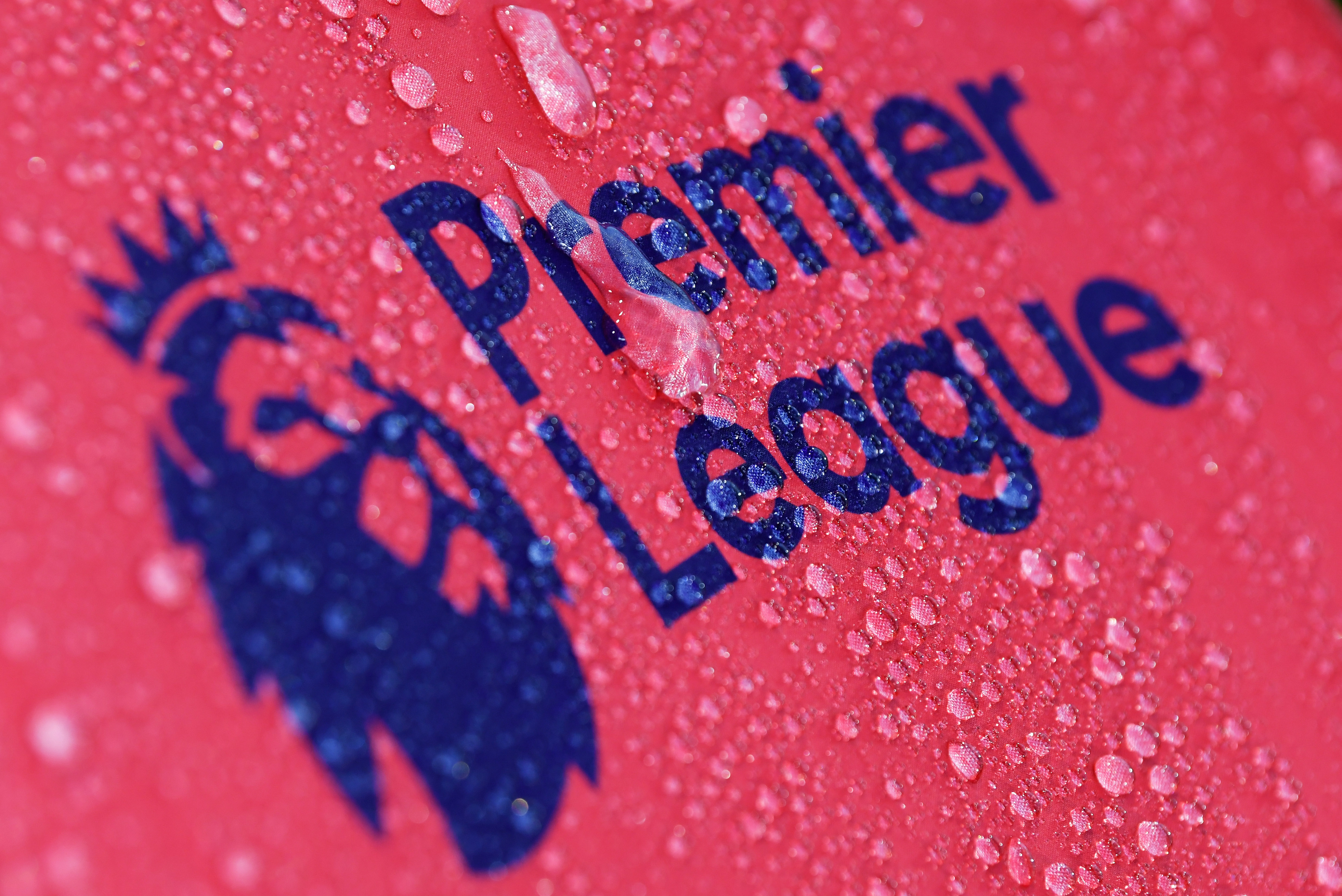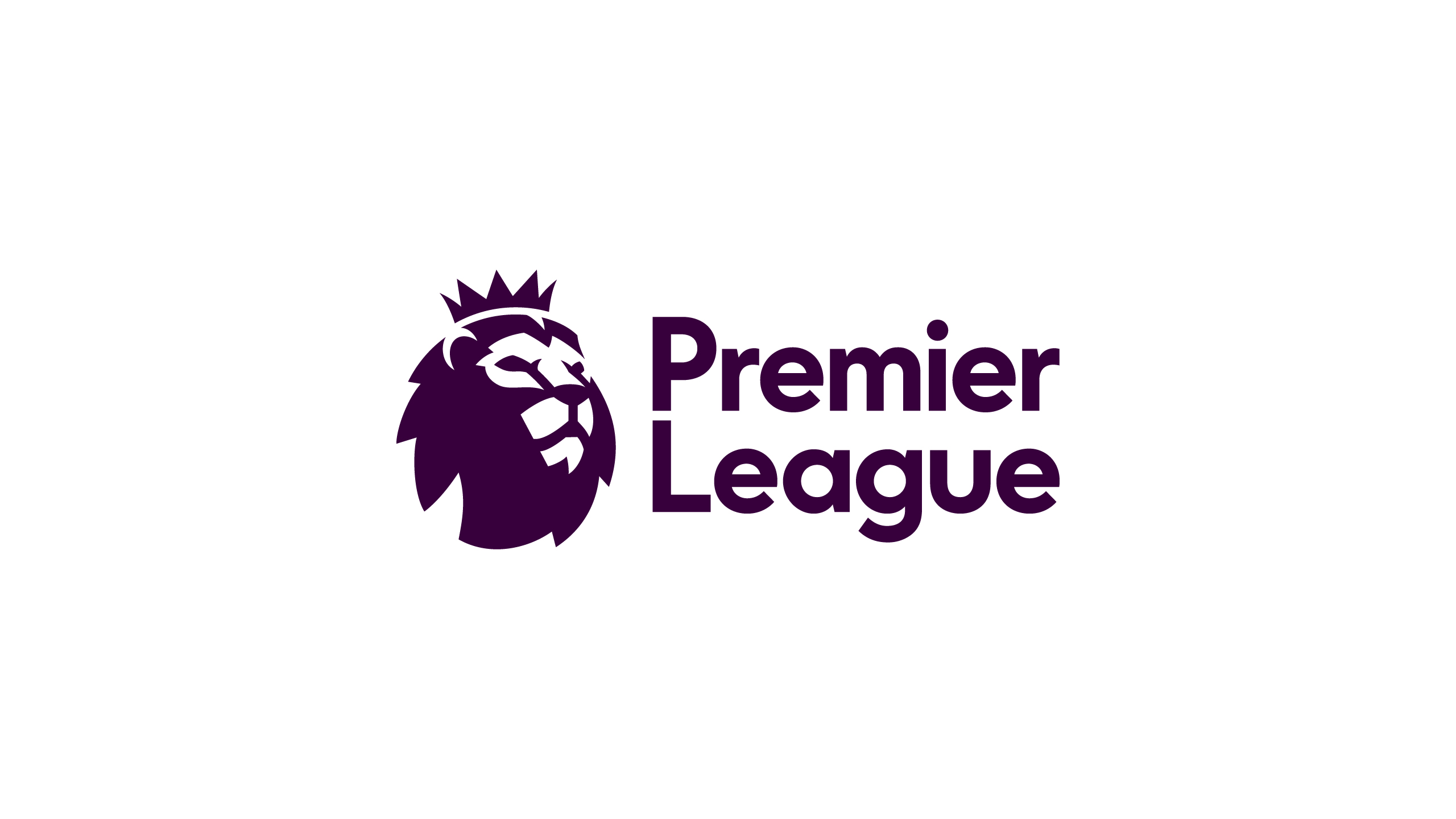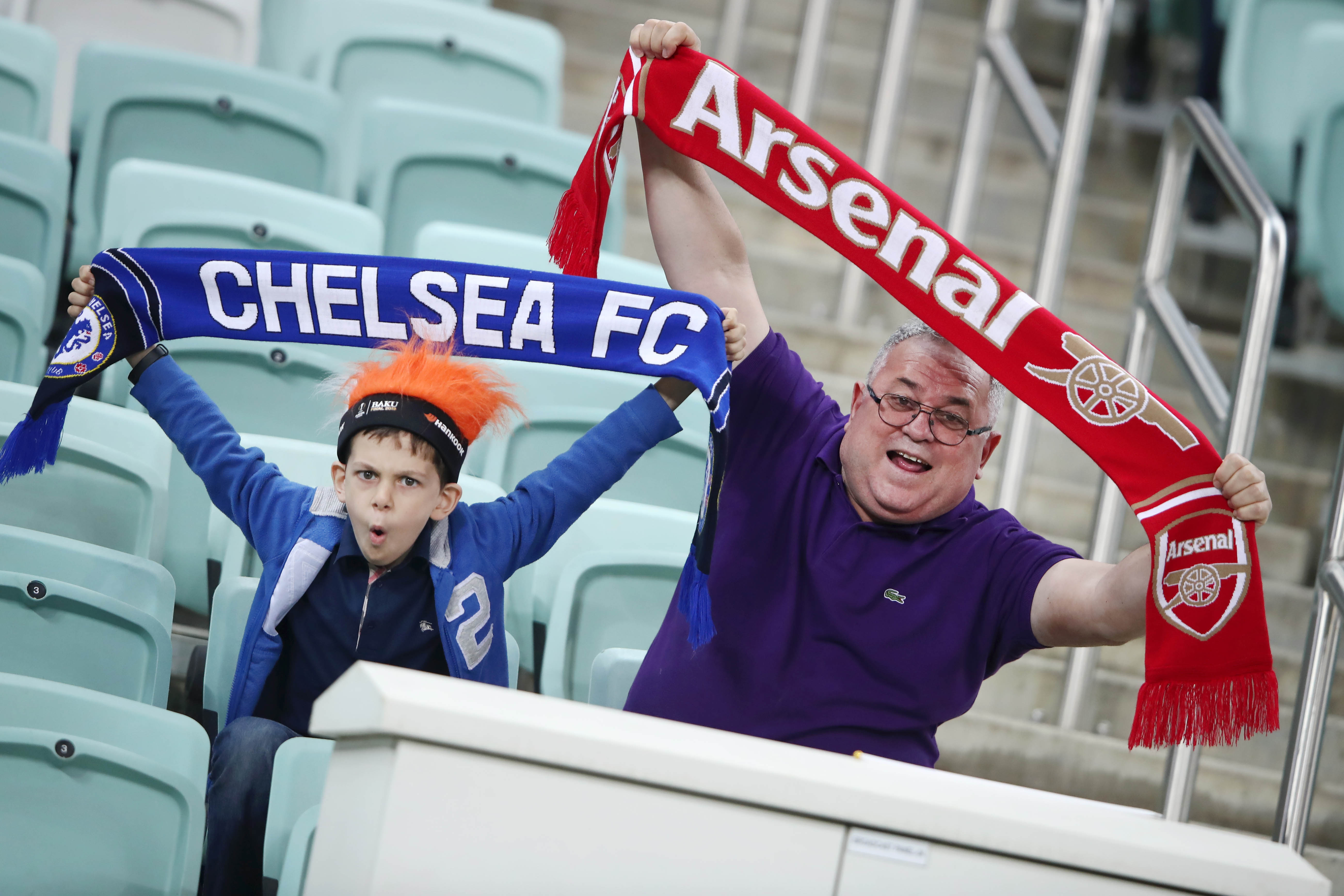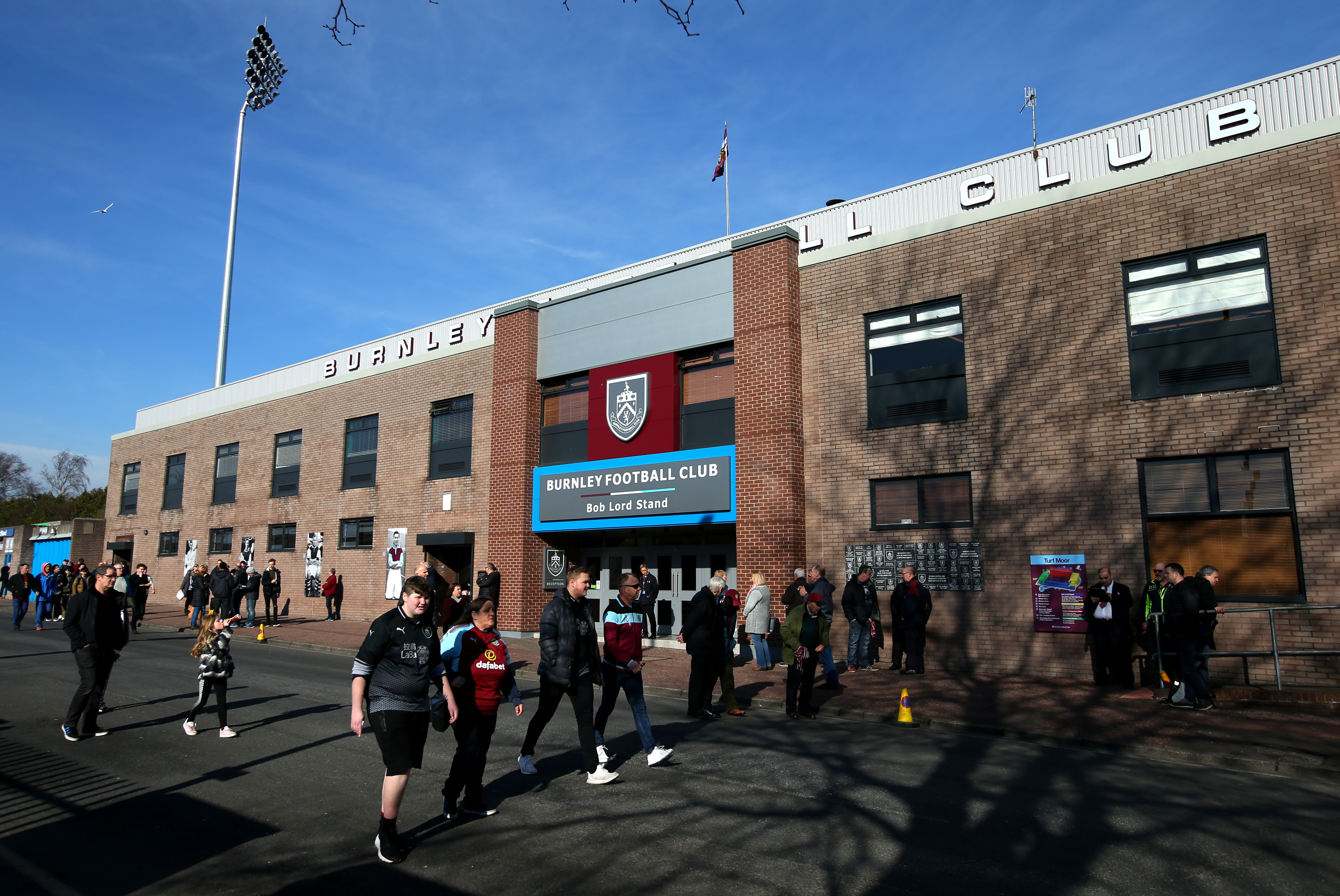For the first time since taking over from Gregorio Manzano in December 2011, Diego Simeone will finish a season with Atl tico Madrid without winning a major trophy. In what has been a truly remarkable three-and-a-half years with Atl ti, El Cholo has brought back the glory days to the club; winning the UEFA Europa League, the Copa del Rey and the Liga title as well as the UEFA and Spanish Super Cups while coming within a whisker of adding the cluba s first ever Champions League to that impressive list of honours. Not since 1995 a when Simeone himself played for Los Rojiblancos a has the club won so much in such a short space of time. The Spanish league triumph in 2013-2014 ranks as one of the most impressive achievements by a club manager in recent history a a true footballing miracle. Now, however, with the ever-increasing opulence of Barcelona and Real Madrid, and the reassertion of their duopoly in the league, Simeonea s challenge gets ever more difficult.
What is perhaps truly extra-ordinary about Simeonea s trophy haul as the manager of Los Rojiblancos is that Atl tico have been rank outsiders for almost each and every one of their successes under him: not many predicted the Falcao-inspired 4-1 mauling of Chelsea in the UEFA Super Cup in 2012 or indeed the Copa del Rey win at the Santiago Bernab u in 2013 against Real Madrid and Jos Mourinho a the Chelsea managera s only defeat till date in a major cup final. The league title win in 2014 went above and beyond those successes in terms of the sheer unlikelihood of it happening. Atl ti have largely been the underdogs a bantamweights fighting in the heavyweight division a and have relied on the cunning of their manager and their collective grit and desire to get them over the line. That, however, might not be enough any longer.
Diego Simeonea s side never truly came close a if one were to be honest a to defending their La Liga crown this season. However, despite that, Simeone has done as well with his squad as could be reasonably expected of him: Atl tico reached the quarter-finals of the Champions League and Copa del Rey where they suffered narrow defeats to Real Madrid and Barcelona respectively, and are likely to see off the challenge of Valencia and Sevilla to finish third in the league behind Spaina s two super-clubs. Considering the Argentine lost his main goal-scorer in Diego Costa, as well as the likes of David Villa, Filipe Lu s and Thibaut Courtois in the summer, the season has been quite a success for the Madrid club. It does, however, beg the question: what next for Simeone and Atl ti?
There is a sense that Atl ti have already peaked under Simeone; it does seem very unlikely that they will top their achievements of 2013/2014. If, as is being rumoured, Antoine Griezmann departs this summer, the club will have lost their top goal-scorer for the third time in three seasons, after losing Radamel Falcao to Monaco in the summer of 2013 and Diego Costa to Chelsea in 2014. At some point, despite their clever buying, Atl tico are bound to face the full brunt of these departures. For a club of Atl tia s stature, that is the great paradox a the better they perform in a particular season, the worse off they are likely to be at the start of the next. The players that stand out are likely to pique the interest of the bigger clubs in Europe, and more often than not, will be bought by those clubs. Sustaining success in spite of that is a monumentally difficult task, and one that Simeone has fulfilled admirably so far. However, the coming summer break is perhaps a good time for the Argentine to reflect on how he can evolve as a manager and get closer to some of the worlda s best.
Atl tico Madrid are now a different, and arguably less effective side to what they were last season
Atl tico Madrida s playing style has gained them plenty of admirers over the past couple of seasons a more than most others teams, they are a side forged in the image of their manager: aggressive, physical, defensively resolute and ruthlessly clinical. Lately, however, public perception regarding Los Rojiblancosa style appears to be starting to shift. Simeonea s side often tread the fine line between aggression and violence a never more keenly felt than in games against Real Madrid. The quarter-final second leg at the Bernab u was perhaps a pivotal moment.
Carlo Ancelottia s side were missing Luka Modri , Gareth Bale and Karim Benzema amongst others, with Sergio Ramos starting in midfield. Atl ti, however, set up to defend deep once again, and paid the ultimate price for their approach a Javier HernA?ndeza s late goal consigning them to a quarter-final exit. The manner of the defeat, which saw Arda Turan being sent off, raised a few questions, particularly regarding Atl tia s lack of flexibility.
With the loss of Courtois and Filipe Lu s, the teama s defensive unit as a whole isna t as solid as it was last season. As such, Simeone cannot rely much longer on his side being able to keep out the best teams in the world for extended periods of time and still get a victory a particularly because his team isna t as effective in attacking transitions anymore, with Diego Costa gone and Mario MandA?uki leading the attack. MandA?uki is a fine striker in his own right, but with an entirely different skill-set to Costa. Being more of a target-man who isna t blessed with any sort of pace, MandA?uki simply finds himself isolated on the pitch in games where Atl ti are set up to defend deep in their own half. In that sense, he is very much a square peg in a round hole.
Mario MandA?uki has had a decent first season, but isn’t as suited to Atl tia s’s play as Costa
For his part, Simeonea s lack of ambition was somewhat disappointing. Considering his side had demolished Ancelottia s men 4-0 at the Vicente CalderA?n earlier in the year, many expected Atl ti to take full advantage of Real Madrida s absentees and go for the kill. The Argentine reverted to type however, and ultimately fell short. Los Rojiblancos have often looked bereft of ideas going forward, and with no apparent Plan B when playing against the bigger sides, their game plan often hinges, quite simply, on not conceding a goal. That, however, is getting increasingly more difficult for the team. What Simeone has at the moment, is a side that is somewhat in limbo. It is not as effective at counter-attacking swiftly or indeed as defensively robust as the side that won the cluba s first league title in nearly two decades; neither is it a team that is capable of radically changing its style of play to a possession-based game.
El Choloa s challenge now, is to find the right balance between the two, given the players he has at his disposal. If he wishes to play to his strengths and go back to what has served him so well in the past, he needs to find a striker that best suits that type of football. Someone who is a relentless worker and is capable of harassing defenders throughout the game on his own, and someone that has both the pace and the finishing to kill games when the opportunity presents itself. In essence, Simeone must find himself another Diego Costa.
It is not a co-incidence, perhaps, that the most technically adept players in the team are also most likely to be the subject of interest from bigger clubs a Antoine Griezmann and Koke in particular could excel in a more expansive team. Griezmann, with 25 goals in all competitions, has had a truly remarkable season, and is capable of stepping it up a level or two if afforded more freedom. Koke, the poster-boy for the club, has an excellent eye for a pass and could be a genuine play-maker a more so than he is at the moment a in a side that keeps the ball more. One way or another, Simeone has to find a way to add more facets to his teama s game such that they are a more flexible side tactically.
Fortunately for him, the Argentine has the huge advantage of the fansa backing. They love and trust him implicitly, and he, in turn, counts on them to be the a twelfth mana in big games at the Calderon, often demanding as much from them as he does of his team. This symbiotic relationship means that the type of influence Simeone has at the club is one that he is perhaps not likely to have anywhere else. His contract extension earlier this year means that he will remain at the club till 2020.
With every passing season, however, his challenge is likely to get tougher, and he will need to evolve to maintain a base level of achievement such that he gives the club a chance to hold on to its best players. Now more than ever before, he faces a real battle to keep the club on the path of success.
Los Rojiblancos’ fans can be safe in the knowledge, however, that Diego Simeone has never been one to back away from a fight.
